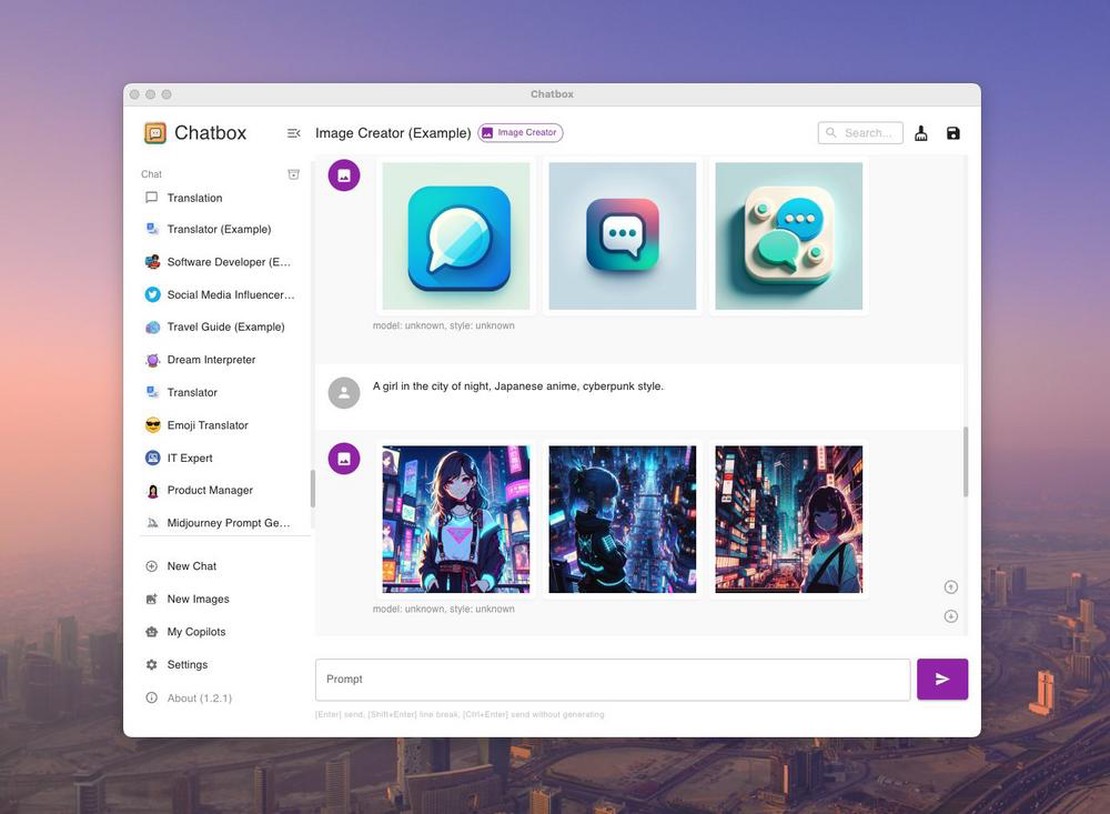ChatGPT in Labor Law: An Overview
In a world where labor law is often as complex as deciphering hieroglyphs, ChatGPT brings a breath of fresh air to the subject. This AI technology has the potential to transform how companies approach and handle legal issues. Whether it’s understanding the meaning of specific clauses or researching updated laws, with AI as a supporting partner, the legal jungle turns into a vibrant flower field. But how exactly does it work? Let’s take a closer look!
The Role of AI in the Modern Workplace
Artificial intelligence is no longer just a hype; it’s a component of our working world. In the field of labor law, AI helps identify patterns, analyze documents, and provide relevant information in record time. Imagine having to spend three hours reading a tedious contract before you find out if your next vacation is actually approved. With ChatGPT, that becomes a matter of the last sentence! And while you’re contemplating a nap during the reading, the AI delivers more precise information – all without a coffee break.
When is Employer Consent Required?
German labor law has many situations requiring employer consent, whether for working from home, illness, or during maternity protection periods. Thanks to digital transformation, employees no longer have to wade through endless paragraphs to understand these issues. A click on the chatbot provides the necessary answers or, at the very least, an indication of when the employer comes into play. However, be mindful that the bot shouldn’t become the next “Do I really have a right to vacation?” dispute!
Data Protection and Employee Rights: What to Consider?
Data protection is a crucial issue, and rightfully so. Employee trust in the legal framework of cooperation is essential. When AI – such as ChatGPT – is used, data protection requirements must adhere to strict guidelines. GDPR-compliant, secure, and thoroughly checked; this is the minimum standard. Remember, an AI-powered chatbot not only clarifies employee rights but also ensures sensitive data never leaves the company and doesn’t float in the data ocean of the cloud!
Potential Risks and Challenges for Employers
Of course, using ChatGPT isn’t without challenges. Employers need to ensure the AI doesn’t randomly address crucial topics. Misinterpretations of legal aspects could lead to misleading statements. If the bot starts saying, “The notice period is anchored in the General Data Protection Regulation,” it’s time to turn off the power! Employers are responsible for ensuring their employees are properly trained on using this technology, so they don’t get caught in a complex legal situation.
Case Studies: Successful Use of ChatGPT in Companies
In practice, there are already some exciting examples of how companies have successfully integrated ChatGPT into their workflows. Denise, from the accounting department of a large insurance company, was dubbed the “AI wizard” after using the chatbot to automatically answer her questions about payroll matters. Instead of sending emails back and forth, she could obtain a binding answer with a simple chat – and the entire team has had more time for Bingo! Who would have thought that you could have fun with AI?
Options for Customizations in the Enterprise
Another major advantage of AI solutions like ChatGPT is their adaptability to your company’s needs. Whether you need a connection to Microsoft Teams or an embedding solution within your existing systems, the possibilities are vast. This increasingly tailors the chatbot experience. But be cautious: customizations should not allow the bot to independently develop new ideas, such as a “coffee break policy”!
Conclusion: Increased Efficiency Through Responsible Use
Introducing AI-based tools like ChatGPT in labor law is a step in the right direction. It not only provides quick and accurate information but can also make the legal framework more user-friendly for employees. The key is to use the technology responsibly and thoughtfully. Finally, if your company is considering an AI-powered chatbot for document questions, document-chat.com might be the right tool for simple communication with company knowledge!
